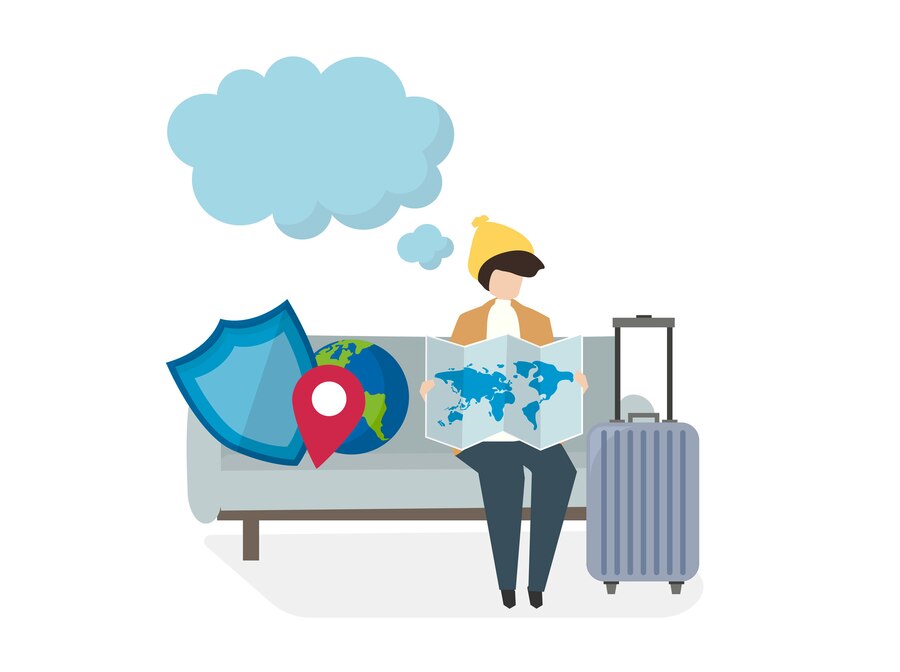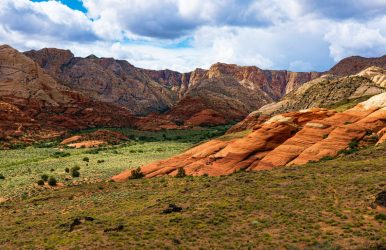Art And Architecture Tours By Charter Buses In Toronto
BY Abdul Aziz Mar 4, 2024
The rich history and culture of Toronto cannot be denied. The city is one of the most prominent in North America, known for its museums, culture, food, and more recently Art! It may be a surprise to some people, but Toronto Ontario has a plethora of options for art exhibitions, paintings, and more. The city is bustling with aspiring artists and art museums alike, it is no wonder that people are flocking to the city to learn more about this art and to visit and see for themselves the options and the beauty of all that it has to offer. But what is the best way to visit the city, especially for large groups who may be traveling together, perhaps as part of an art tour or an art exhibition? One standout option is taking art and architecture tours by bus, these tours offer a way to discover the city’s treasures and impressive buildings while at the same time providing comfort and relaxation to the visitors. These tours give an overview of Toronto's public art, galleries, and innovative architectural designs making them a must-do activity, for those interested in the creative and structural sides of the city. Exploring Torontos Vibrant Art Scene The art scene in Toronto reflects the city’s population showcasing everything from installations to timeless masterpieces. Charter and coach bus tours make it convenient to visit art venues in one go allowing groups to delve into the spectrum of artistic offerings in the city. An exciting part of these tours is getting access to galleries like the Art Gallery of Ontario (AGO), which is a classic place to visit and is also home to over 90,000 artworks, while at the same time being recognized as one of North America's premier art museums. In addition to galleries, Toronto streets come alive with art that turns the urban landscape into an engaging open-air exhibition. These guided tours lead guests through neighborhoods decorated with murals, sculptures, and art installations that showcase Toronto's culture and vibrant art scene. From the sculptures, in the Distillery District to the thought-provoking installations along Queens Quay, each piece shares a narrative that enhances the viewer's appreciation of Toronto's character. Charter Bus Tours Toronto's landscape reflects the city’s growth, blending structures with contemporary skyscrapers. Guided bus tours via a charter bus company can provide a view of this evolution highlighting landmarks like the CN Tower that defines the city skyline and Casa Loma, a Gothic Revival mansion offering a glimpse into history. Some of the charter companies offer a variety of selections such as buses for up to 50 passengers and comfortable seating, we checked out charterbusrentaltoronto on our last trip to Toronto and were pleasantly surprised by how easy it was to visit the city from the comfort and beauty of your own rented coach bus. A highlight of one of our tours was visiting the St. Lawrence Market area, where some of Toronto's buildings have been carefully preserved. Here visitors can witness the coexistence of new architecture symbolizing the city’s reverence for its heritage alongside its vision for the future. It was a remarkable day that was truly enjoyed by all. Our driver even knew some hidden gems of restaurants that we were able to visit for dinner after our tour, which had some outstanding authentic food. This journey was more like an invitation to see the city through a new lens, to appreciate the interplay of light and space, color and form, history and innovation. We were able to participate with not just photographs and memories, but a renewed appreciation for the power of art and architecture to transform spaces and communities. Other places that we visited on these tours include buildings such as the Royal Ontario Museum (ROM), with its striking Michael Lee-Chin Crystal addition, and the Art Gallery of Ontario (AGO) which underwent a redesign by renowned architect Frank Gehry. These structures act as places where culture is preserved in addition to being iconic buildings that challenge the norms of design and purpose. Related: How To Prepare An Enjoyable Bus Tour In Europe Tailored Experiences What makes these bus tours unique is the experience they provide. Led by guides these tours offer commentary on the art and architecture that define Toronto. Participants don't just passively observe; they engage in conversations that enhance their understanding of the city’s architectural accomplishments. Furthermore, some Toronto tours are crafted for convenience offering a stress-free way for groups to explore Toronto. Best of all, there are tours that can cater to all audiences, making art and architecture accessible to everyone. Exploring Toronto art and architecture through bus tours offers a journey through this unique city’s core and structural essence. They unveil the narratives behind Toronto’s public art installations and architectural wonders providing an insight into the city’s historical background. For those interested, in discovering Toronto's architectural marvels these tours offer an unforgettable experience that highlights the city’s finest offerings. Read Also: Warm Winter Wanders: January Destinations To Soak Up The Sun Experience Canada Like A Local: Insider Tips You Can't-Miss Best 9 Things To Do In El Paso!













